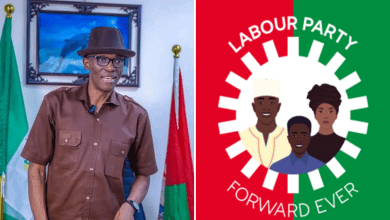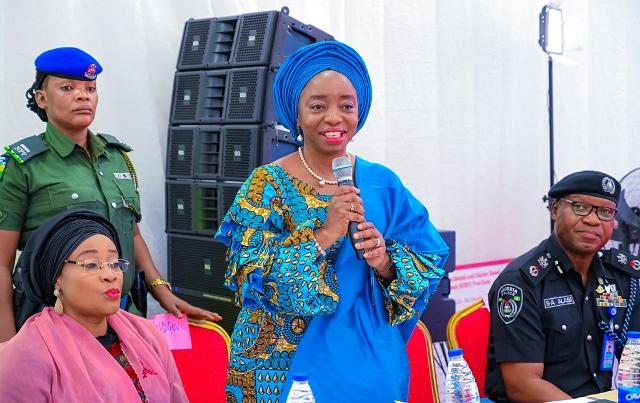
Founder of the Foundation for Investigative Journalism (FIJ), Fisayo Soyombo, has accused the Nigerian Army of deliberately blowing his cover as an Investigative Journalist exposing crude oil thiefs in the Niger Delta region, thereby compromising his personal security.
He also said that illegal oil bunkering in Nigeria persists due to the complicity of security agencies.
Soyombo made the disclosures during a televised interview on Saturday, where he expressed deep concern about his personal safety, stating that the Nigerian Army had jeopardised his security by linking him to oil bunkering in an official statement to justify his arrest while on investigative assignment at an illegal oil bunkering site in Rivers State.
According to him, “This is the first time I have genuinely felt my security compromised,” he said. “I believe the spokesman of the Nigerian Army deliberately compromised my security by releasing that statement and linking me to oil bunkers.
Soyombo, who was released from detention on Friday evening after being held incommunicado for three days by the 6 Division, Nigerian Army in Port Harcourt, Rivers State, said the military’s approach to tackling oil bunkering was being undermined by internal complicity.
“Some of the senior Army officials were saying, ‘President Bola Tinubu has said no to bunkering. You people think it’s a joke. It will not end because the illegal bunkers have collaborators in security formations—not one, not two, not three’,” he revealed.
Soyombo also criticised the Army for detaining him without access to legal representation. He alleged that soldiers were instructed to deny him access to his mobine phones.
He noted that if his detention had not been widely reported in the media, he might have been held indefinitely. “If not for the plans I had made before embarking on the story, my organisation (FIJ) would not have known my location. That technology enabled my release. Otherwise, I could still be in detention—even for two months.”
Soyombo disclosed that the Army’s attitude toward him changed after realising he was an investigative journalist.
He further called on the Army to clarify its actions and take responsibility for his wrongful detention.





